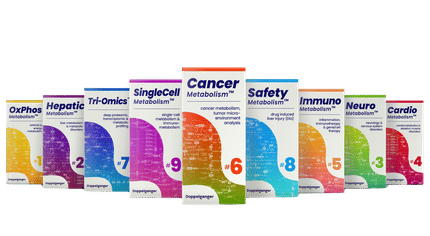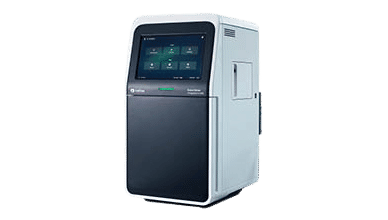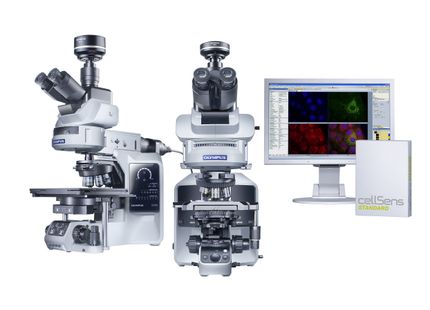To use all functions of this page, please activate cookies in your browser.
my.bionity.com
With an accout for my.bionity.com you can always see everything at a glance – and you can configure your own website and individual newsletter.
- My watch list
- My saved searches
- My saved topics
- My newsletter
HyperproinsulinemiaHyperproinsulinemia is a disease where insulin is not sufficiently processed before secretion and immature forms of insulin make up the majority of circulating insulin immunoreactivity in both fasting and glucose-stimulated conditions (insulin immunoreactivity refers to all molecules detectable by an insulin antibody, i.e. insulin, proinsulin, and proinsulin-like material). The term is composed of hyper - high, proinsulin - immature insulin molecule, and -emia - blood condition. Product highlightHyperproinsulinemia is more frequent in type 2 diabetes. It has been attributed to either a direct β-cells defect or an indirect effect of cell dysregulation under sustained elevated blood glucose (hyperglycemia). Some alleles of insulin can cause hyperproinsulinemia (see table 2: monogenic forms of type 1 diabetes, INS (insulin). For a more detailed descriptions of the insulin gene variations leading to hyperproinsulinemia see NCBI's OMIM 176730 Categories: Endocrinology | Diabetes |
| This article is licensed under the GNU Free Documentation License. It uses material from the Wikipedia article "Hyperproinsulinemia". A list of authors is available in Wikipedia. |







